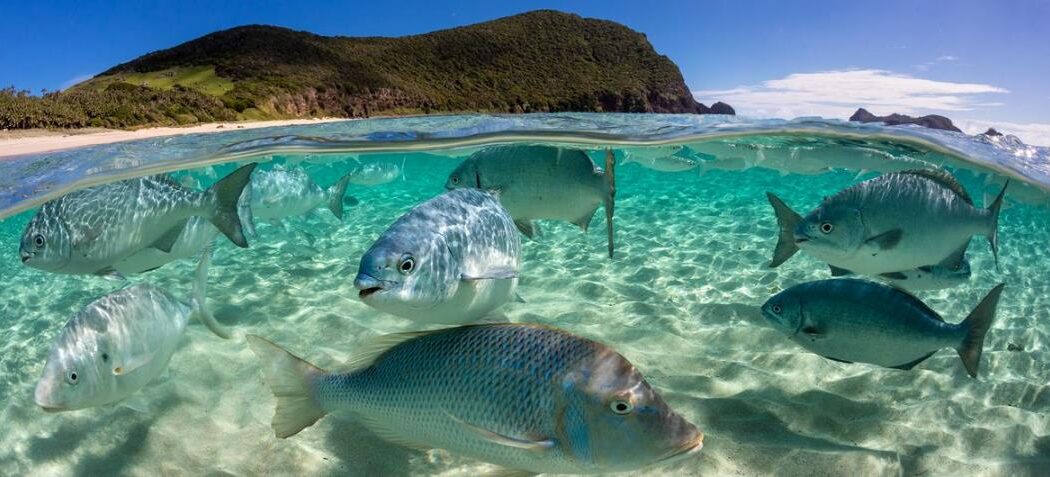In his World Oceans Day message on June 8, 2022, United Nations Secretary-General António Guterres recalled that the triple crises of climate change, biodiversity loss and pollution, are threatening the health of the ocean, “on which we all ultimately depend.”
“On this World Oceans Day, I urge all those with a stake in ocean health to come together to revitalize our seas and oceans,” Mr. Guterres declared, in words that could have come straight out of the 2020 book, RECONOMICS: The Path To Resilient Prosperity.
“Last month, the World Meteorological Organization (WMO) revealed that four key climate indicators broke new records in 2021: sea level rise, ocean heat, ocean acidification, and greenhouse gas concentrations,” he stated, making it clear that merely reducing the amount of new damage we do (which is the goal of most “sustainability” and “green” initiatives) is far from sufficient.
Undercutting the ocean
The ocean produces more than 50 per cent of the planet’s oxygen, is the main source of sustenance for more than a billion people, and provides work through its industries for some 40 million employees.
“Yet, ocean resources and biodiversity are being undermined by human activities,” he warned.
He remined that more than one third of the world’s fish stocks are harvested at biologically unsustainable levels, a significant proportion of coral reefs have been destroyed, and coastal dead zones from land-based pollution are growing.
“Plastic pollution has reached the remotest islands and deepest ocean trenches,” Mr. Guterres said.
Collective action needed
To achieve the Sustainable Development Goals (SDGs) and the objectives of the Paris Agreement on climate change, he emphasized that—as stated originally in the 2002 book, The Restoration Economy, conservation is no longer enough: “we urgently need collective action to revitalize the ocean,” he said.
That global restoration economy will be vast, considering that some 10% of the global economy is related to fisheries, and most of the world’s human population is on or near coasts.
“That means finding a new balance in our relationship with the marine environment…working together with nature, not against it, and building inclusive and diverse partnerships across regions, sectors, and communities to collaborate creatively on ocean solutions,” he explained.
Growing momentum
Fortunately, he continued, momentum around the world is growing in that direction.
Mr. Guterres recalled that last November, the UN climate conference in Glasgow (COP26) recognized the role of marine ecosystems in achieving the world’s climate goals.
And in March, countries agreed to work together on a new treaty to end the plastic pollution that is threatening the marine environment.
Meanwhile later this month, he said that the UN Ocean Conference in Portugal will focus on scaling up action, based on science and innovation to achieve Sustainable Development Goal 14 (SDG14), on life below the water.
Discussions in Lisbon will continue on a new agreement focusing on the conservation and sustainable use of marine biological diversity in areas beyond national jurisdiction.
Featured photo of fish in Australia is © Ocean Image Bank/Jordan Robin.

